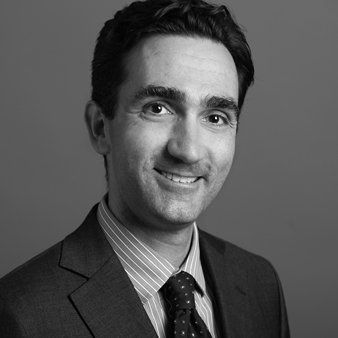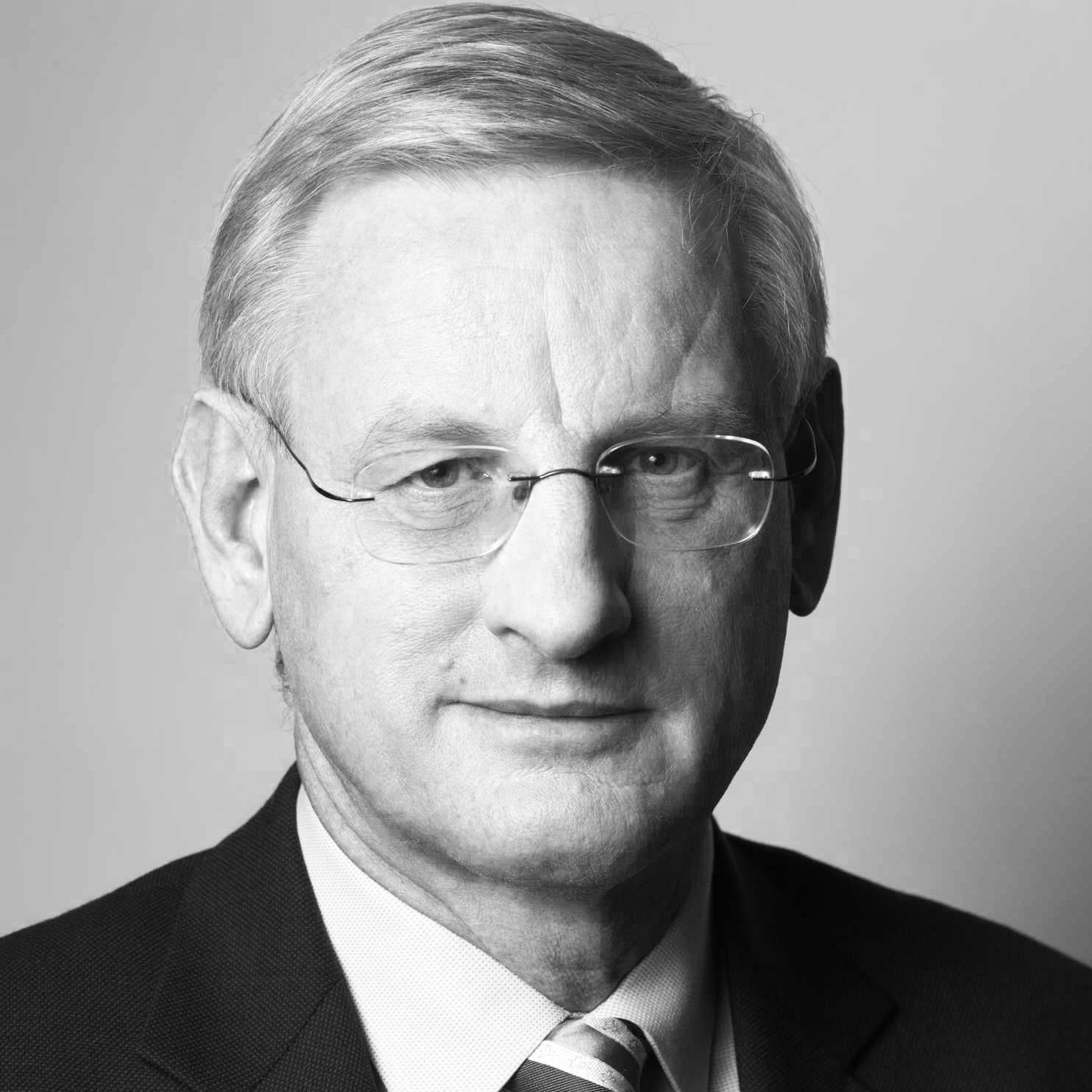Trending Now
We have updated our Privacy Policy and Terms of Use for Eurasia Group and its affiliates, including GZERO Media, to clarify the types of data we collect, how we collect it, how we use data and with whom we share data. By using our website you consent to our Terms and Conditions and Privacy Policy, including the transfer of your personal data to the United States from your country of residence, and our use of cookies described in our Cookie Policy.
China and Japan under pressure from Trump's tariff threats
In this episode of Ian Bremmer’s World in :60, Ian breaks down the latest on US trade tensions, Iran’s nuclear program, and Trump’s meeting with Netanyahu.
On US tariffs, Ian says Japan and China face “radically different” situations.
As Iran cuts ties with nuclear inspectors, Ian says they’re “taking their program dark.”
On Trump’s recent meeting with Netanyahu, Ian says a Gaza ceasefire remains uncertain. Though Netanyahu nominated Trump for a Nobel Peace Prize, Ian points out, “That’s nice for Trump, but not a Gaza ceasefire.”
Latest
Key takeaways from the 2025 NATO Summit
In this episode of Europe in :60, Carl Bildt discusses the outcomes of the NATO Summit and where Europe stands with the Israel-Iran conflict.
Are NATO allies aligned on Iran?
On Ian Bremmer’s World in 180 Seconds: Ian unpacks US strikes on Iran, Russia’s stance on the conflict, and the future of the United Nations at 80.
Are US strikes on Iran exposing cracks in NATO? Not according to Ian Bremmer. In this week's World in :60, Ian says, “On Iran, NATO allies are pretty aligned. They consider Iran an implacable enemy... and don't support regime change.” Even with divergent views on Israel, NATO countries are backing US actions to counter Iran’s nuclear capabilities.
On Russia’s role? It’s complicated. While Russia could help Iran, Ian emphasizes that “what they don’t have is the willingness.” The Iran-Russia relationship remains transactional, "not strategic," and Moscow’s threats over recent strikes are “all bluster.”
Finally, as the UN marks its 80th anniversary, Ian reflects on its evolving role: “Having a forum where all countries… share information and understand each other better is becoming more important, not less.” It’s not global government, but it is a critical global resource.
Will Iran’s regime survive?
What’s next for Iran’s regime? Ian Bremmer says, “It’s much more likely that the supreme leader ends up out, but the military… continues to run the country.” Despite global speculation, real change will depend on the Iranian people, not foreign intervention, says Ian.
As attention shifts to the Middle East, Ukraine faces intensified Russian strikes with less international spotlight. Still, Ian notes NATO support remains “pretty solid,” and the upcoming NATO summit in The Hague will be a key signal of that.
And as China pushes for a multipolar currency system, Ian is skeptical: “It’s not premature to talk about multipolarity economically—it is in terms of a currency order.”
Is Serbia pivoting towards Ukraine?
In this episode of Europe in :60, Carl Bildt breaks down Serbia’s evolving foreign policy, and political developments in Poland.
After President Vučić’s visit to Ukraine, Bildt notes, “I think he is in the black book of the Kremlin because of that particular visit,” highlighting shifting alliances in the Balkans.
On Poland, following Donald Tusk’s post-election confidence vote, Bildt explains the challenges ahead: “The president can veto legislation, he can block important appointments.”
As Serbia weighs its EU path and Poland navigates internal politics, Bildt offers timely analysis on regional stability and European security affairs.
Assassination attempt shakes Colombia's political landscape
On Ian Bremmer’s World In 60 Seconds: Ian breaks down the assassination attempt on Colombia's presidential candidate, the US-China trade talks, and Canada plans to hit NATO's 2% defense target seven years early.
Ian's takeaways:
An assassination attempt on a Colombian presidential candidate highlights that “security continues to be a really serious problem,” as opposition momentum grows amid President Petro’s struggles.
On US-China trade, Ian says, “There is real progress happening,” as factory shutdown threats push both sides toward short-term stability, even if long-term trust remains elusive.
And Canada’s plan to hit NATO’s defense target early? “It’s about Trump,” Ian notes, as Ottawa moves to ease tensions with Washington ahead of 2025.
Episodes
AI for Good depends on global cooperation, says ITU's Doreen Bogdan-Martin
Doreen Bogdan-Martin, Secretary-General of the ITU, discusses the urgent global challenge of the widening digital divide in AI access and policy at the 2025 AI for Good Summit, in an exclusive Global Stage interview with GZERO's Tony Maciulis.
The return of the nuclear threat, with Admiral James Stavridis
Faith in the US nuclear umbrella is wavering and adversaries are stockpiling their arsenals. How worried should we be?
Do nuclear weapons make a country safer?
Do nuclear weapons make a country stronger or more vulnerable? North Korea and Ukraine took very different paths in the 1990s, to very different results.








